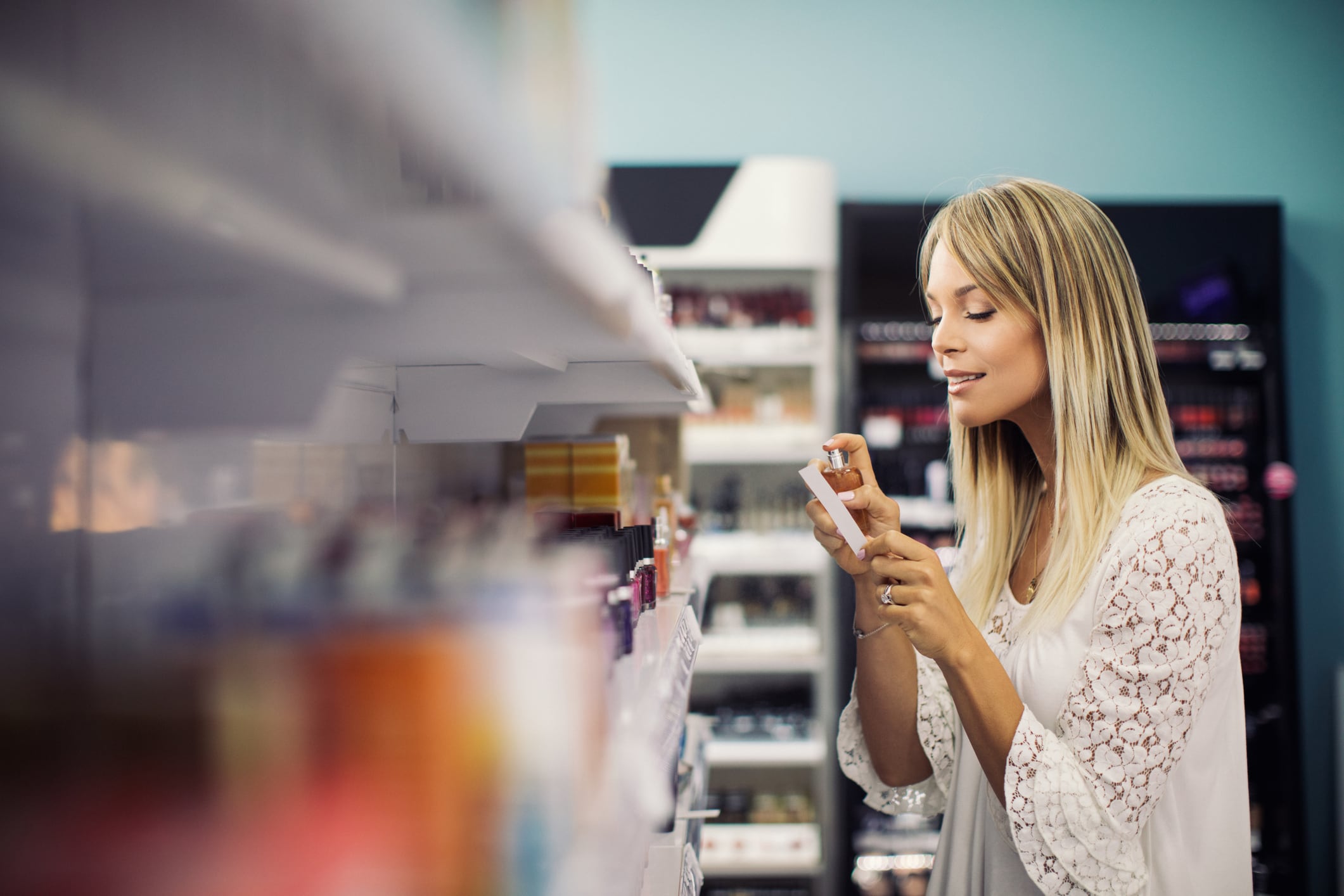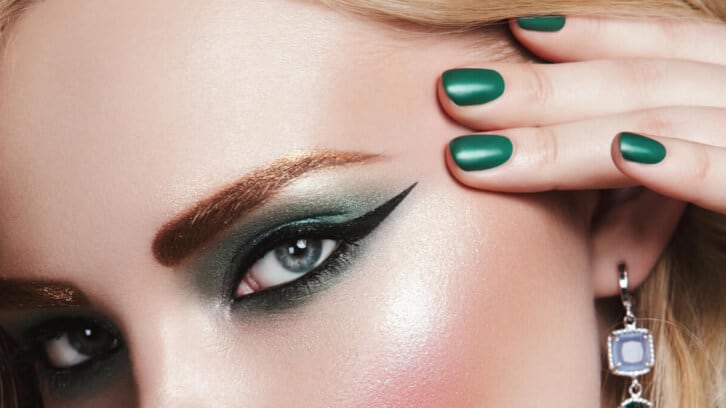Moddaresi is set to speak live in the Marketing Trends Theatre at InCosmetics Global on the topic of MoCRA on Tuesday 16th April at 11am, and again about misinformation on cosmetics claims at 11am on Wednesday 17th April.
CosmeticsDesign-Europe (CDE): At the InCosmetics Global show you’ll be talking about claims and myth-busting. Can you tell us more about this please?
Mojgan Moddaresi (MM): It is great to have an opportunity to discuss how brands can legally communicate their messages with their audiences. Over the past decade, providing guidance for thousands of products across the EU and UK, the most time-consuming stage for any compliance and due diligence has been ensuring the substantiation for finished products’ claims.
In my presentation, I am trying to break the myths where ‘there are no regulations for the claims’. I will share some real case stories and will discuss the principles of claims design to help formulators to choose the right ingredients for their formulations.
CDE: What are some of the major myths that perpetuate in the beauty industry?
MM: In our industry, we have always tried to be creative and defy limitation of budget and regulatory hurdles.
One of the biggest myths, in my view, is overusing the terminology like ‘hero ingredients’ resulting in surging products on the market that may not deliver as promised. We must realise that consumers’ confidence is the most precious commodity in our industry. We can use this commodity to our benefit as long as claims are honest, truthful, fair and support consumers to make an informed decision.
Another myth that may be rooted from the global e-commerce ecosystem is the ‘not tested on animals’ claim. Based on EU and UK cosmetic regulation, products or ingredients used in personal care products have not been tested on animals since 2013. Hence, no products are tested on animals. But ‘cruelty free’ messages are usually combined with ‘not tested on animals’ – in some cases just to cover several global regions. Hence, we end up with scenarios of unfair claims.
Our industry has always been impacted by socioeconomic waves. As consumer preferences shift towards transparency, safety, and green claims, such as sustainability, brands must provide solid evidence to back up their claims and build trust with their audience.
CDE: What are some of the main regulatory issues that beauty businesses need to consider in 2024?
MM: To me, in the EU, the microplastic ban and especially how to define microplastic in finished products would be one of the biggest challenges for the brands. However, I am hoping to see movements towards harmonisation of packaging waste regulation in different member of states.
The other interesting regulations topic in 2024 would be adaptation of the Green Claims directive, which EU parliament voted in favour of this directive. It can support consumers from greenwashing claims and provide a good guideline for the industry.
The proposed directive would require companies to substantiate the voluntary green claims by complying with a number of requirements regarding their assessment and considering the whole life cycles of products.
In the UK, guidance on environmental claims (green claims code) has been published by CMA (Competition & Marketing Authority). However, it serves as guidance rather than enforceable regulation.
CDE: You’re also discussing the MoCRA regulations at the InCosmetics Global show. What are the main considerations here for global brands that are selling into the US?
MM: The Modernisation of Cosmetic Regulation Act (MoCRA) is one of the biggest changes in the USA for cosmetic products during the last 75 years. We have recently opened our Florida office and are happy to support our clients importing to the USA and acting as manufacturers’ agent.
There are some ambiguities around MoCRA legislation – such as not having a clear guideline on how to prove a products’ safety like what we have in EU and UK regulation. We have seen several claims by testing labs like suggesting patch tests, or in use condition to prove the products’ safety. However, I personally believe, the proven risk assessment method based on exposure scenarios can be the best logical and defendable approach.
The question with safety tests – such as patch tests – only represents possibilities of allergic reactions or ‘in-use’ application, which only show any possible allergy reaction in a longer period, for example, in a month. However, a risk assessment approach will evaluate how a product and subsequently each ingredient can have a long-term impact on consumer safety based on the relevant direction of use for each product.
We use a five-step approach of hazard identification, hazard characterisation, exposure assessment, literature review and state-based regulation to ensure a product’s safety in the USA.
The other important point for brands to know is that MoCRA regulation will not override state-based regulation. Meaning complying with MoCRA regulation does not impact regulations like cali prop 65. Hence, brands need to ensure that they follow up state based and safety evaluation process for MoCRA.
In my presentation, we are going through the details of criteria of exemption for MoCRA for small businesses and what compliance points formulators should have in mind while creating formulations compliance in three to four jurisdictions.
CDE: Anything else to add on the topic of regulations?
MM: It is exciting to see the surge of new reg tech in compliance process. I have some very exciting news to share about our own safety assessment authorising tool which will be launched shortly. We hear of application of AI in ‘Regtech’. However, AI can only be real if you have massive amount of information and train the system via machine learning. Our saas tech software is the outcome of over 10 years’ experience in evaluating safety assessment of cosmetic products and our hope is to demystify the safety assessment process in our industry.





